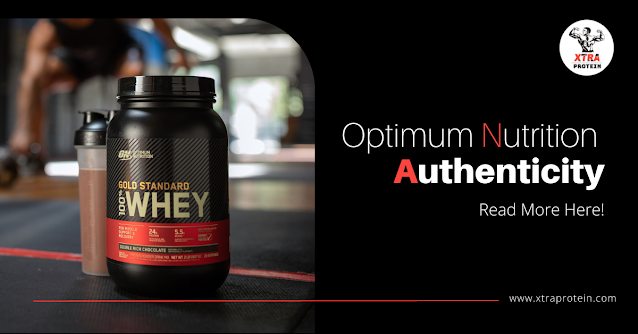Virtues of Whey Proteins
With the rapid increase in the number of people (mostly people in the age group of 21-31 years) pushing their body to have a corporeal body, one of the most benefited industries which have seen its sales skyrocket is the nutrition and protein industry. Technically, Whey as a whole is nothing but a by-product of cheese or casein in their manufacturing units. Whey powder is those types of food ingredients that are known to have a positive effect on human health. It is generally prepared by adding a coagulant to milk, the casein and whey thus separate it and the water-soluble part of this mixture obtained is the shake. Based on how effective and how swift and rapid their absorption capabilities are, the concentration of the mixture is altered and whey proteins are sold as dry powders with various levels of processing. The amount of whey protein an athlete or sportsperson requires depends on the extent of his/her daily grinding for protein goals. It can be broadly classified into the following three major categories:
● A person attempting to lose body fat while at the same time preserving his/her lean muscle mass, a daily intake of 1.5 to 2.2 g/kg body weight is perceived as a good goal.
● A person wishing to lose body fat, without affecting his/her lean mass, a daily intake of 1.0 to 1.5 g/kg body weight is thought of as a good goal.
● If you are someone who has a job which comes from more desk-bound and you don’t wish to change your body composition, a daily target of 0.8 g/kg body weight is considered as a good goal.
Although obese individuals should not stick with the above-mentioned requirement goals since bodyweight calculations for them would result in very high dosages.
In the fast-growing and an overly enthusiastic youth generation coming our way, one of the certain things is that in this generation, Generation Z does not acknowledge the slow things. They want things and changes to be instant and work to be done at the cost of minimal work labor and efforts. Here comes protein powder to their rescue in their desire to boost up their muscle growth rate, their metabolism rate and their immunity as a whole. It also helps them to lose weight in no time. Despite high-calorie intakes by a person, consumption of whey protein puts fencing in the fat gain by their body. We can’t deny the fact that whey powders have become an integral part of a large section of people’s diet and part of their formulated foods over the past 20-30 years. Looking at the nutrition side of the same, surely whey protein proves to be significant and acts as a good balancer for other proteins in specific nutritional applications, such as infant formulae. They find a lot of other important functional benefits too, particularly because of their gelling property and their capacity to be hydrophilic, which further justifies their ability to stabilize interfaces when in foams and emulsions. Whey protein powders are a rich source of amino acids and can be used as a good alternative to food ingredients of various functional foods. One of the key portions of whey protein is cysteine, which hails to be a semi-essential amino acid and plays an important role in stimulating the synthesis of glutathione, which is involved in various important processes in one’s body, including that of tissue building and repairing.
Alongside the consumption of all kinds of optimum nutrition, it has been duly noted that the consumption process comes with the act of physiotherapy and psychotherapy.
Well, a lot of people suggest that whey protein powders have no factual side-effects but it comes with a sign of warning since most medical practitioners either don’t support the intake of such nutrient supplements or even if they do suggest the same, they suggest it be taken under special circumstances, but that too ‘with a pinch of salt.’ A lot of people who are into the sports and other related fields, see these supplements as an easy getaway from the ‘old school’ methodology to build a healthy, fit and active body, making Whey products very lucrative and the most-fitting product for their profession.
Interestingly, these preparations are of high quality and attract a lot of individuals leading to brutal marketing practices by producers of whey proteins, generating a wide and profitable market for them to make a good fortune. Stating the obvious, it is highly recommended to meet your daily protein requirements through a balanced diet rather than supplements like protein shakes, drinks, etc because if daily protein targets are achieved through dietary protein alone, which is up to all intents and purposes is the right way to do so too, supplementation is unnecessary and it’s consumption is uncalled for by any other individual.
Hopefully, you like it above post. Stay tuned for more informative blogs!




Comments
Post a Comment